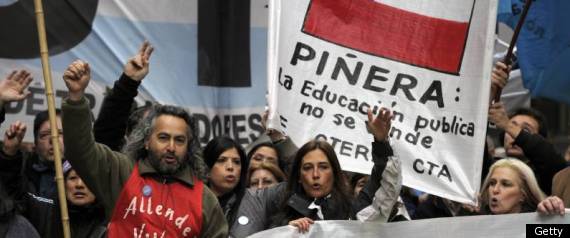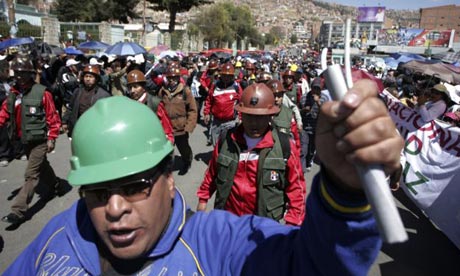By Paula Buzzi
Impunity Watch Reporter, South America
BUENOS AIRES, Argentina — A trial in Argentina that began in late February of this year and is now in its final phase of testimony may finally prove the strategic plan to carry out approximately 500 baby abductions adopted by the nation’s military leaders during Argentina’s Dirty War.

The recent Dirty War trials are uncovering a painful time in Argentina’s history, a period of military dictatorship rule between 1976 and 1983 when around 500 babies were abducted and thousands of left-wing activists were murdered at the hands of the government. Efforts to locate the “disappeared” from this period have been on going by the grandmothers (”las abuelas de Plaza de Mayo”) and the now adult children of those murdered who question their own identity.
One of the accused in the case is Jorge Rafael Videla. Videla headed the military during Argentina’s dictatorship and is now being accused of spearheading the kidnapping operation which redistributed babies from left-wing mothers to military officials. He is among the 11 officials on trial for 35 acts of “illegal appropriation of minors.”
Victoria Montenegro, 35, is a daughter of the Dirty War who was abducted by a military colonel when she was a newborn. She was raised by Lt. Col. Hernán Tetzlaff, the man who killed her biological parents. Although Tetzlaff confessed to the murder in 2000, it was not until after her recent testimony in trial that Montenegro was finally able to accept the truth and shed the name he had given her.
Like many others who were abducted as babies, Montenegro was constantly lied to by her military parents and received a strong ideological education. “I grew up thinking that in Argentina there had been a war, and that our soldiers had gone to war to guarantee the democracy,” she stated. “And that there were no disappeared people, that it was all a lie.”
Thanks to more government support, advanced technology and a growing genetic data bank, the total number of recoveries as of August is 105.
The trial is shedding light on many mysteries surrounding the Dirty War, including a possible connection between some Dirty War crimes and the Argentinean Catholic Church which supported the military government at the time. Church officials in Argentina and at the Vatican have declined to comment on allegations of possible involvement.
For further information, please see;
The New York Times – Daughter of ‘Dirty War,’ Raised by Man Who Killed Her Parents – 08 October 2011
CNN – Argentina Presses Forward with Human Rights Trials – 06 October 2011
Reuters – Argentina Nixes Extradition in 1970s French Nun Case – 04 October 2011
The Guardian– Child of Argentina’s ‘Disappeared’ Fights for Right to Keep Adoptive Name – 23 September 2011



